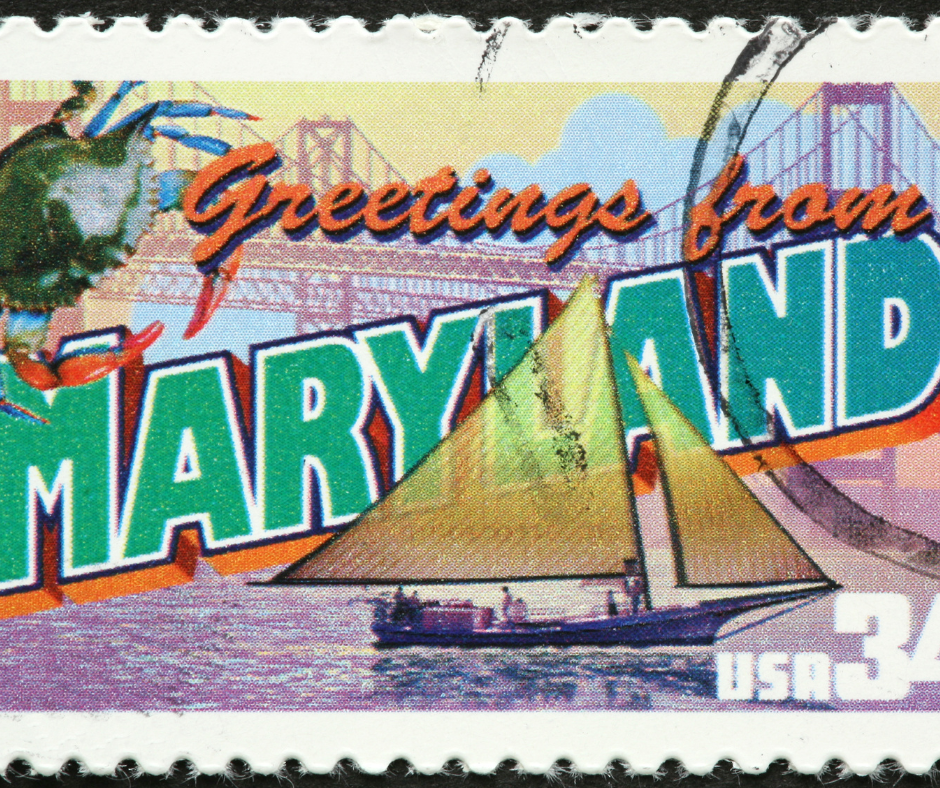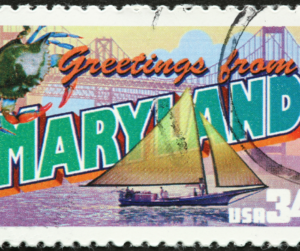The Maryland Legislature presented emergency bills SB516 and HB556 on February 3, 2023. The proposed law would rename the Alcohol, Tobacco, and Cannabis Commission (ATCC), give it licensing and regulation responsibilities, establish an Office of Social Equity, an Advisory Board on Medical and Adult-Use Cannabis, and establish a Cannabis Regulation & Enforcement Division within the ATCC.
What are the Key Takeaways from Bill (SB516 & HB556)?
- Medical licensees will be able to convert to adult use on or before July 1, 2023
- Conversion fees for existing licensees will range from $100,000 to $2,500,000 depending on gross revenue for 2022.
- New adult use licenses will be available on or before January 1, 2024, with a second licensing round scheduled to begin on May 1, 2024
- The First Round of Licenses will only be available to Social Equity Applicants
- The Division is prohibited from requiring applicants to have property at the time the application is submitted.
- Applications will be reviewed on a pass/fail basis, and then submitted to a lottery.
Other noteworthy elements of the legislation include:
- Applications will be determined to have met or not met minimum qualifications. Qualified applications will be entered into a lottery.
- Applicants will be limited to one application per license type and two applications total in any licensing round.
- Disclosure requirements exist for individuals with ownership interests of five percent or greater.
- There is a five-year prohibition on license ownership/control transfers, including those medical licensees who undergo the conversion process.
- A sliding sales tax begins at 6% in Fiscal Year 2024, increasing by 1% each year and capped at 10%
- Local jurisdictions are prohibited from imposing an additional tax.
- The Office of Social Equity will be responsible for identifying geographic areas that have been disproportionately impacted by the prohibition of cannabis.
Who is responsible for regulating the cannabis industry in Maryland?
The ATCC will oversee overseeing the cannabis business, carry out cannabis-related public health initiatives, and uniformly regulate cannabis for both medical and adult use. The ATCC will also house the Office of Social Equity (OSE), which will oversee encouraging individuals from communities that have been disproportionately affected by the drug war to work in the legal cannabis industry to have a positive social effect in those communities. The OSE will also make suggestions to the ATCC regarding applications for diversity and social equity.
Applications for cannabis licenses will be solicited, evaluated, and denied by the Cannabis Regulation & Enforcement Division (the Division) within the ATCC. The Division will also oversee enforcing inventory management and monitoring requirements for all licensees. The ATCC and Division will mainly receive advice on guidelines, rules, and regulations from the Advisory Board on Medical and Adult-Use Cannabis (Advisory Board).
What will the new conversion fees be for existing medical cannabis licensees in Maryland?
There will be a sliding scale, one-time conversion fee based on the licensee’s gross revenue in 2022 for current medical licensees (active before 10/01/2022) to change to adult-use licensees. The minimum fee for growers and processors will be $100,000 if their total revenue for 2022 was less than $1,000,000, and the maximum fee will be $2,500,000 if it was more than $20,000,000. If a dispensary’s total income for the year 2022 was less than $1,000,000, the minimum fee will be $100,000; if it was more than $20,000,000, the maximum fee will be $2,000,000.
What will be the timeline for new cannabis licensing opportunities in Maryland?
In its first licensing round, the Division will be responsible for awarding new licenses on or before January 1, 2024. For the remaining licenses, a second licensing round will start on or after May 1, 2024. The law sets the cost of new license applications at $1,000 for micro-level applicants and $5,000 for kinds of licenses involving incubator space, on-site consumption, and “standard licenses” (i.e., non-micro growers, processors, and dispensaries). Fees for license renewal will be set by the Division, but they cannot be higher than 10% of the licensee’s yearly gross income.
Only applicants for social equity will be permitted to submit applications in the first round for all license categories. One or more people must hold 65% of the ownership and management of a company for it to be considered a Social Equity Applicant.
- Have resided in a disproportionately impacted area (DIA) for five out of the ten years preceding the filing of your application.
- have attended a public school in a DIA for at least five years.
- or meet any other requirements imposed by the ATCC.
Micro-Licenses will only be available to candidates for social equity during the second round of licensing. Notably, applicants won’t need to have any property on hand or be property owners at the time of registration.
What are the limitations of each Maryland Cannabis License Type?
Standard Licenses: This license category allows processors to handle more than 1,000 pounds of cannabis annually and allows growers to have indoor canopy areas between 10,000 and 300,000 square feet. Dispensaries are allowed to run a shop at a physical place where marijuana or marijuana-related products are sold. The measures forbid the Division from granting more permits than 75 grower licenses, 100 processor licenses, and 300 dispensary licenses (including converted medical licensees).
Micro Licenses: This license category allows processors to process no more than 1,000 pounds of cannabis annually, and it allows growers to have no more than 10,000 square feet of indoor canopy. Without a physical storefront, dispensaries are allowed to run a delivery service where they sell cannabis or cannabis-related goods with up to ten employees. The bills forbid the Division from granting more licenses than the following number (which includes converts to medicinal licensees): 100 licenses for growers, 100 licenses for processors, and 200 licenses for dispensaries.
Licenses for incubator spaces: This kind of license enables the holder to run a location where a Micro-Licensee may conduct business. There will be a limit of 10 licenses available.
Licenses for On-Site Consumption: The holder of this kind of authorization may run a location where customers can smoke, vape, or consume cannabis. There will be a limit of 50 licenses available.
How we can help?
At Cannabis License Experts, we provide you with the guidance to plan your cannabis business, acquire funding, navigate the legal requirements, and acquire the appropriate cannabis license for your operations. As the United States and Maryland specifically develop, more and more licensed producers will be needed to meet the demands of consumers.
Cannabis License Experts offers support from day one of starting your cannabis business, including strategic planning, floor plan preparation, site audits, SOPs, Preventive Control Plans (PCPs), and more.
Our Edibles Compliance division can provide you with a solid plan for your edibles business to help get your products on store shelves.
Contact us today to discover how we can license and legalize your cannabis business to meet federal or provincial regulations.



